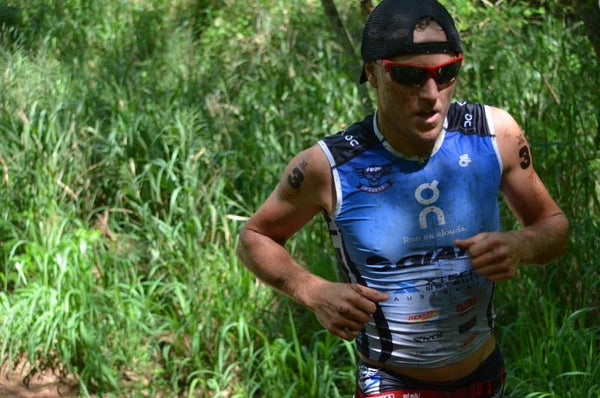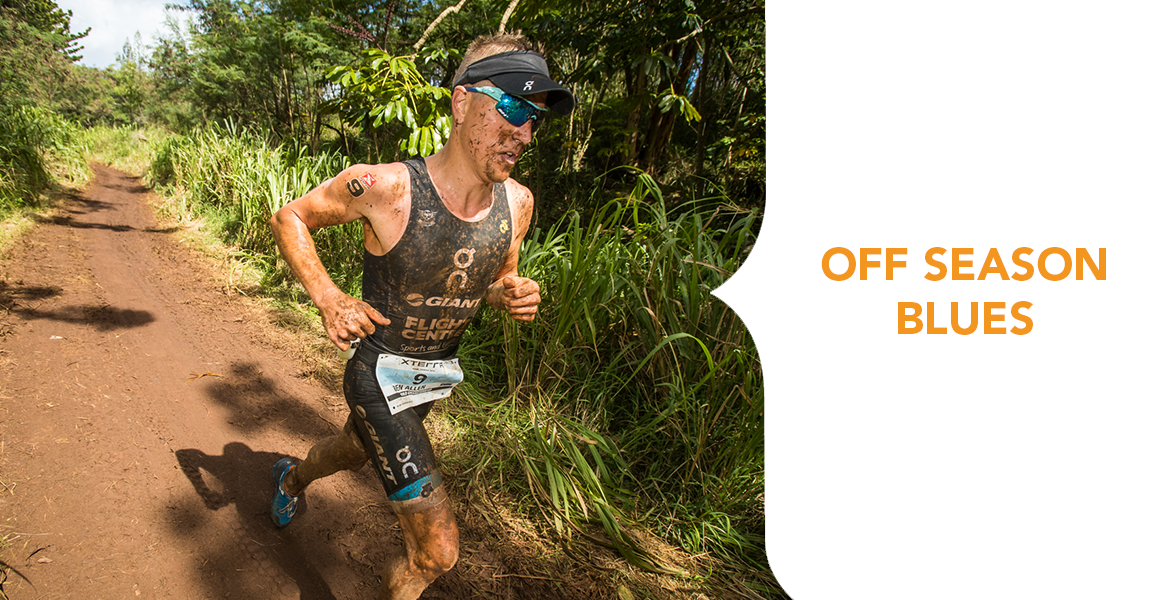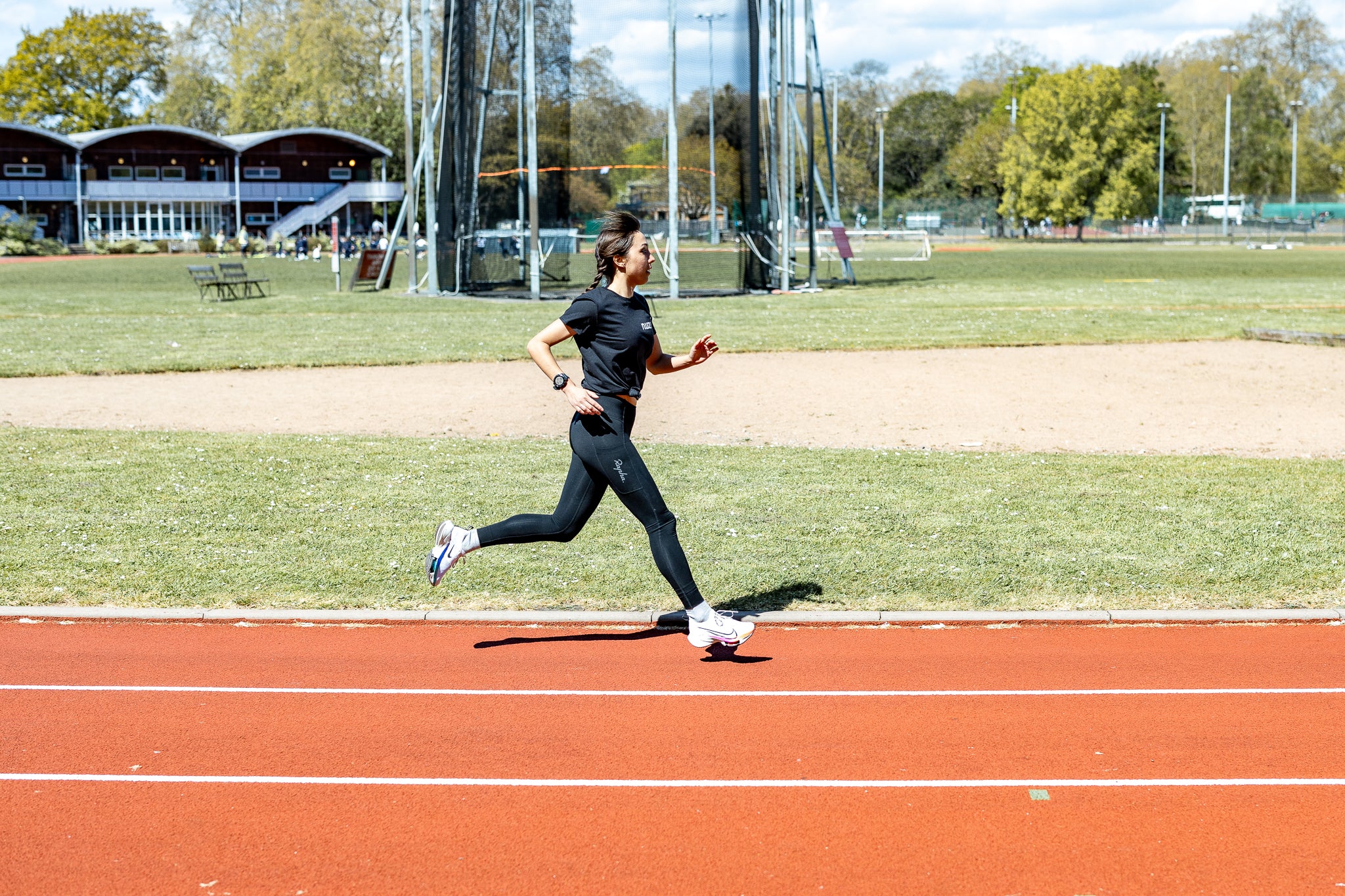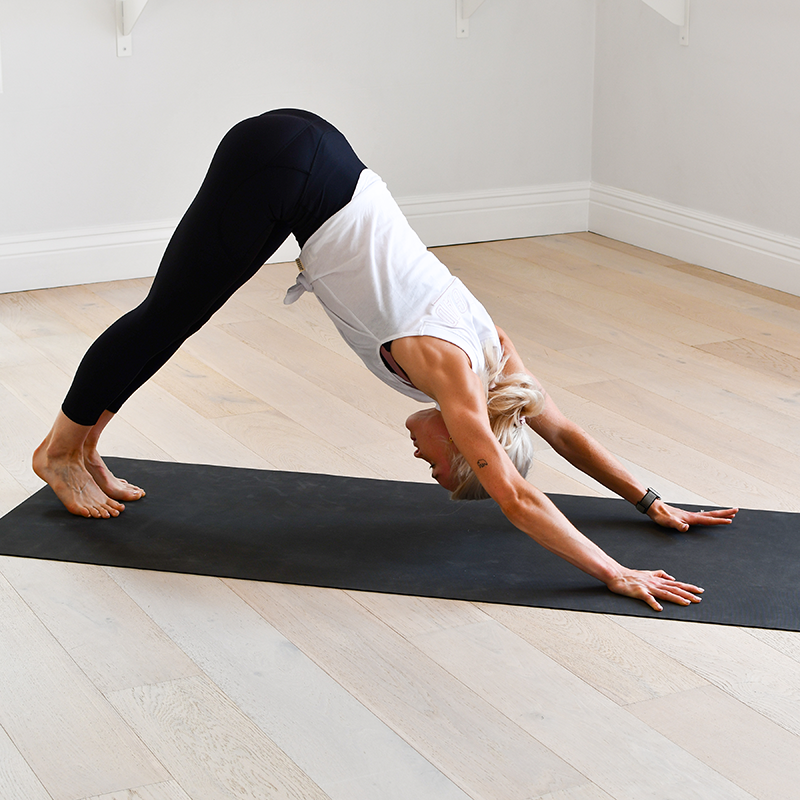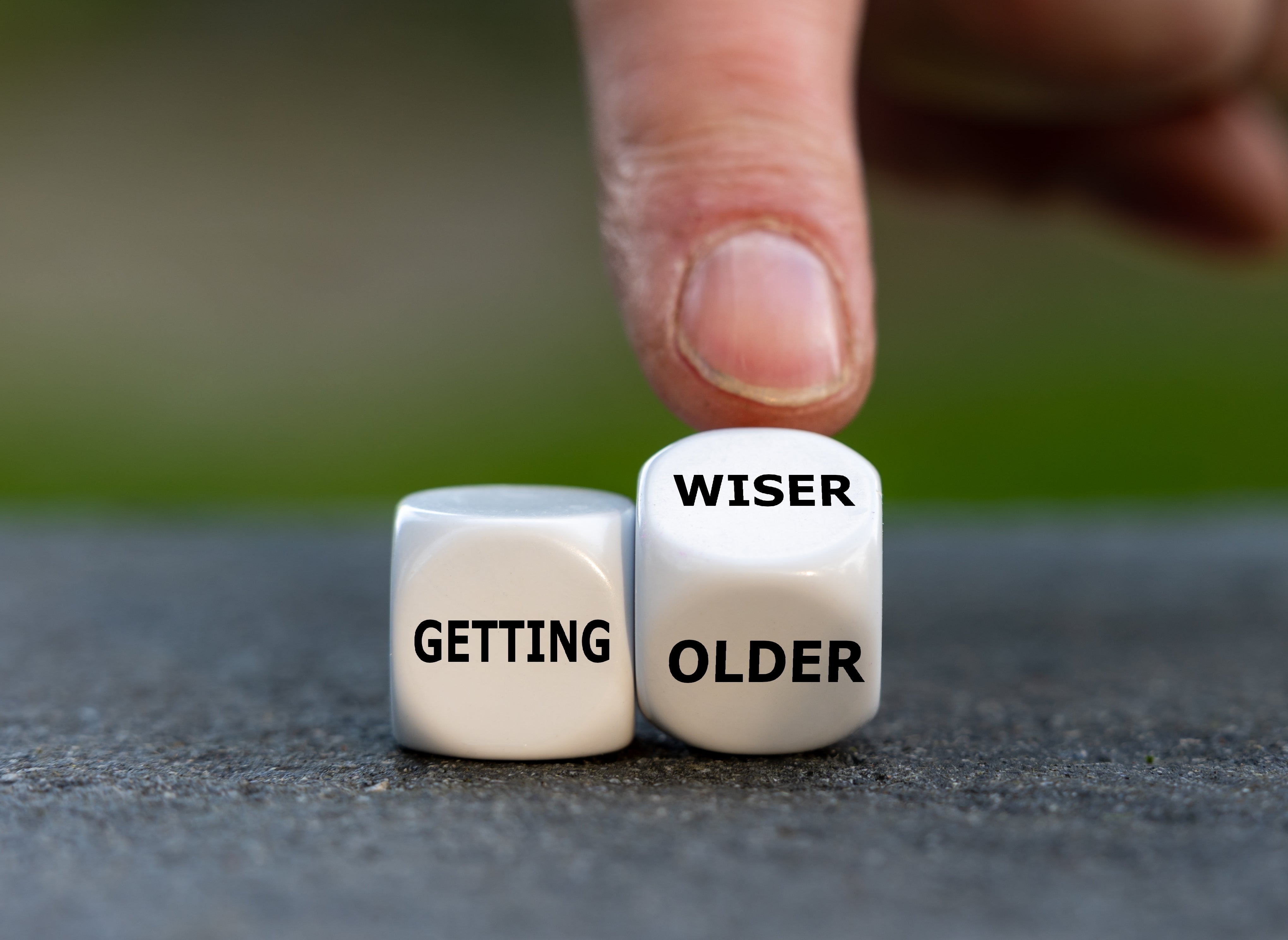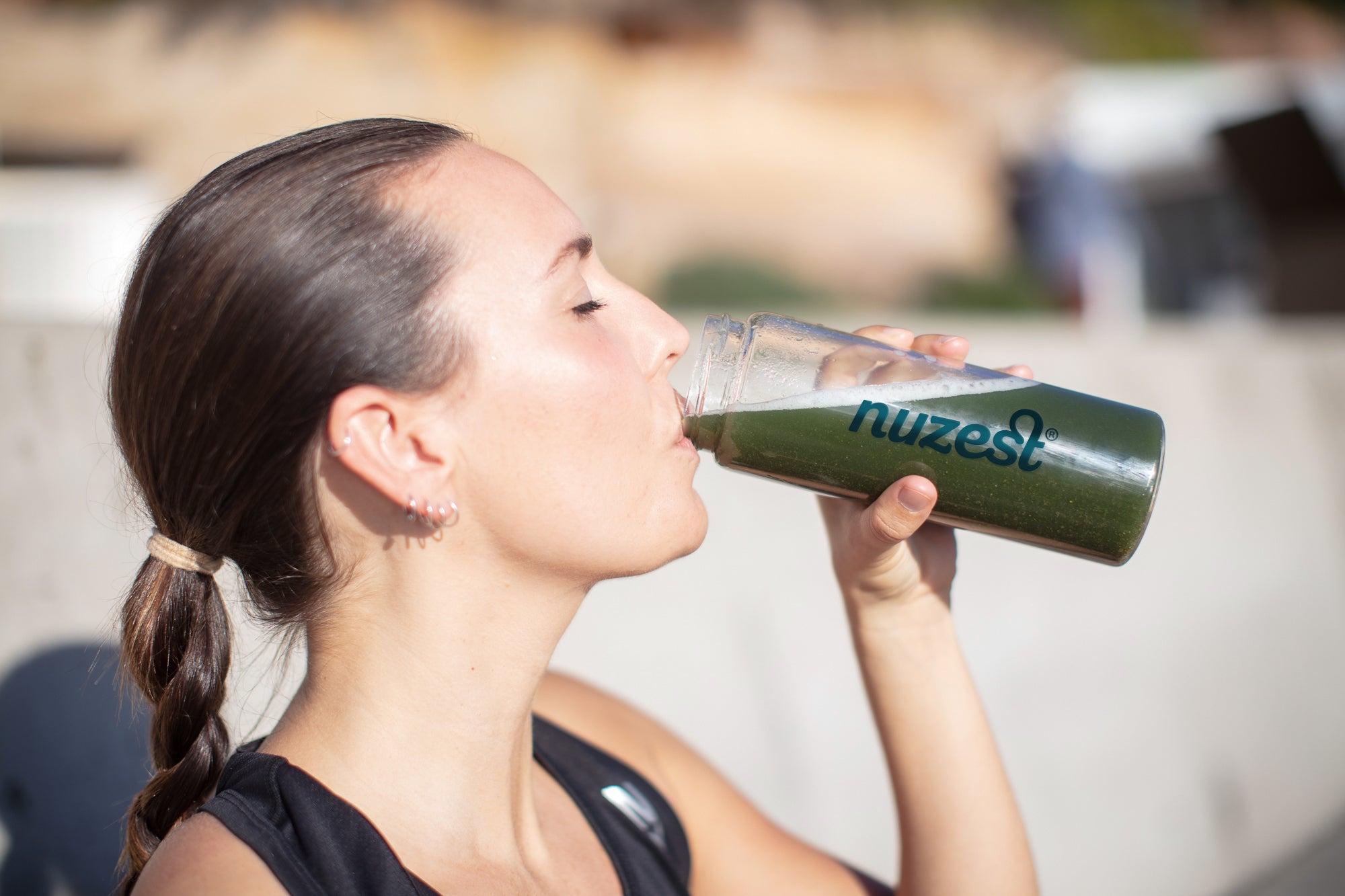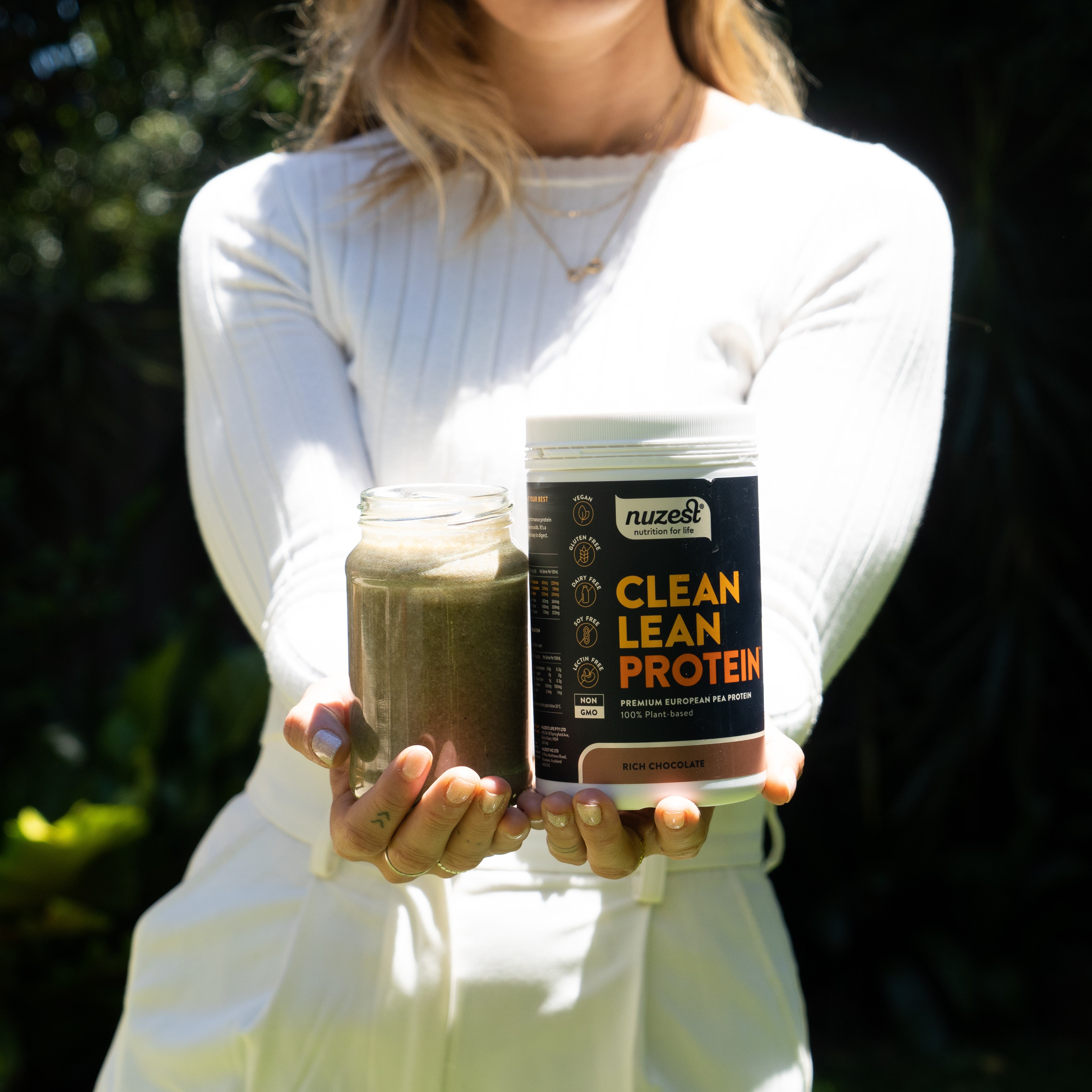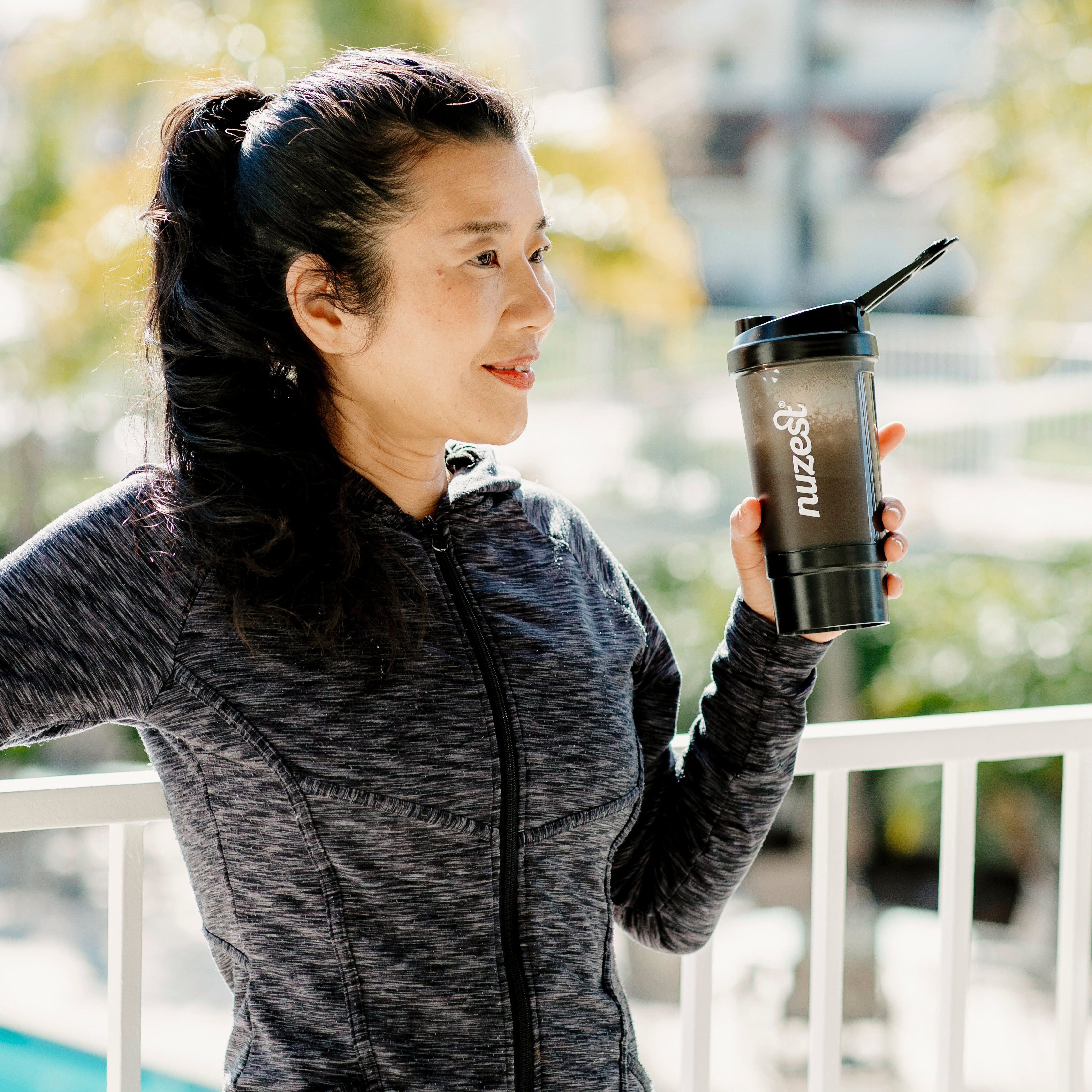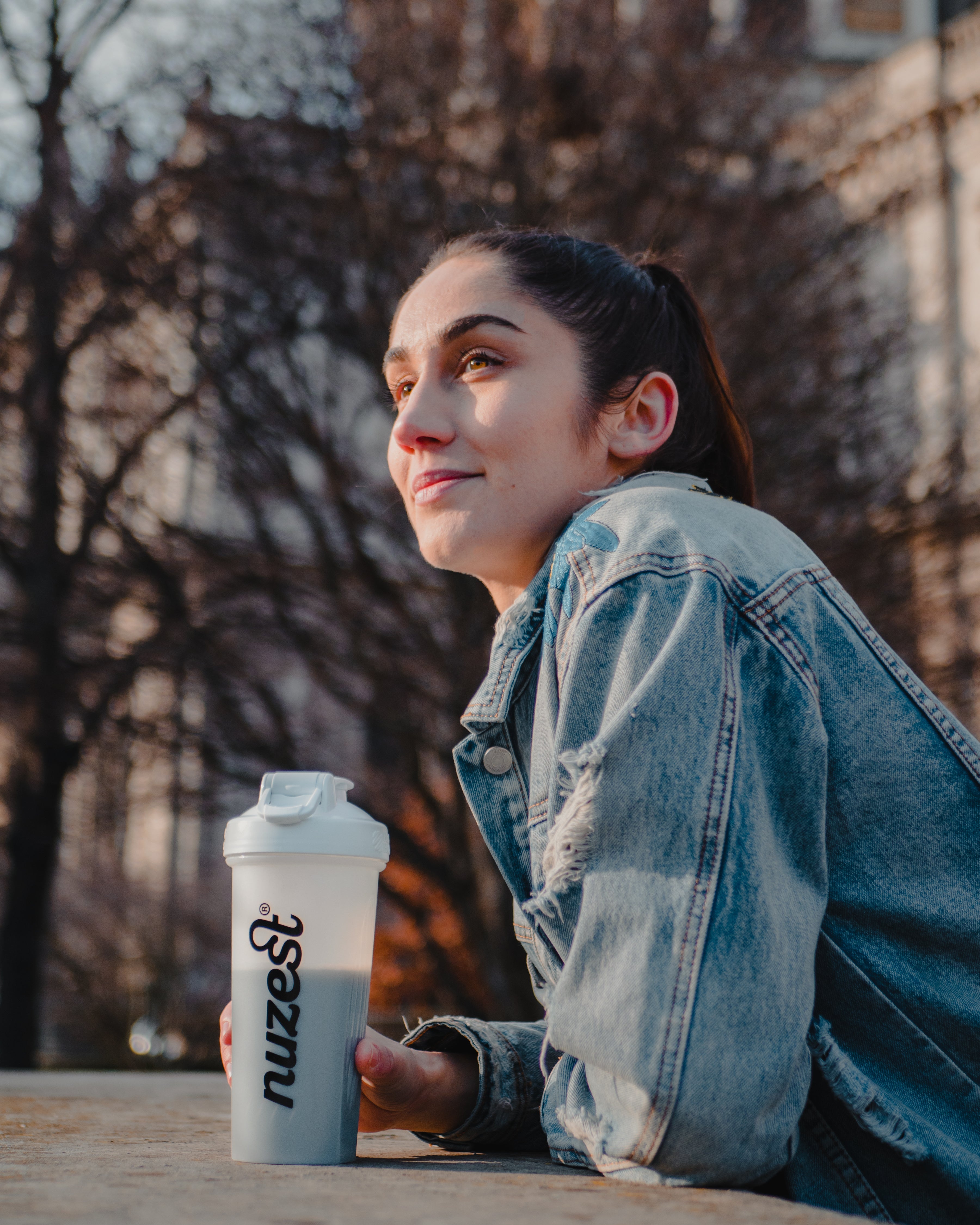It's the end of the season. Your running shoes haven't moved, your can't find your goggles and your bike is slowly gathering dust...
Ever have that feeling? YES, you're not alone...
You don't have to be an elite triathlete to suffer from off season blues. All you have to be is an athlete that strives everyday for perfection.
The constant drive of chasing perfection eventually wears thin and your life is thrown in turmoil, or your think so anyway, you tip the scale in a major way on the side of the spectrum. Living so far on the edge in a positive way has its "side affects" and you will loose motivation, feel unhealthy, tired and depressed. That's totally normal and it sets in on you, depending on where you're at in your sports career and or stage of life.
Obsessing too much about self-esteem, around a goal and then not achieving it can easily cause "The Offseason Blues." When it hits, treat it like an injury and address it right away.

I like to say to my fiancé who is also an elite athlete, "I've lost my mojo" but I know in time, I will be able to regain it and settle back into that life I feel most comfortable in. A few tips I like to think help find your passion again:
1) Create an off-season for yourself: It very important to have some down time. Recharge your emotional batteries and rediscover the love for the sport.
2) Take a "real or normal" vacation: Travel somewhere that involves not wearing a race number. Stay up late. Sleep in. Eat what you want. Indulge a little and don't feel guilty! Lie on the beach and soak up some sun.
3) Revisit what's important: Re-examine your main values and what's most important. Reflect on what motivates you, which can help those negative emotions disappear allowing you to perform at your best.
At the beginning of the NEW season I sit down with my coach and set "realistic goals." These goals are more process-oriented than result-oriented. Result-oriented goals focus on the outcome, which is out of my control--such as winning the race etc. These types of goals risk creating a feeling of failure or underperforming.
Process-oriented goals focus on how I performed--such as the form I kept during the swim--not my total time or result at the event. With these type of objectives, I give myself the greatest chance of a successful 2017 season and remaining a happy participant in the sport I love.
